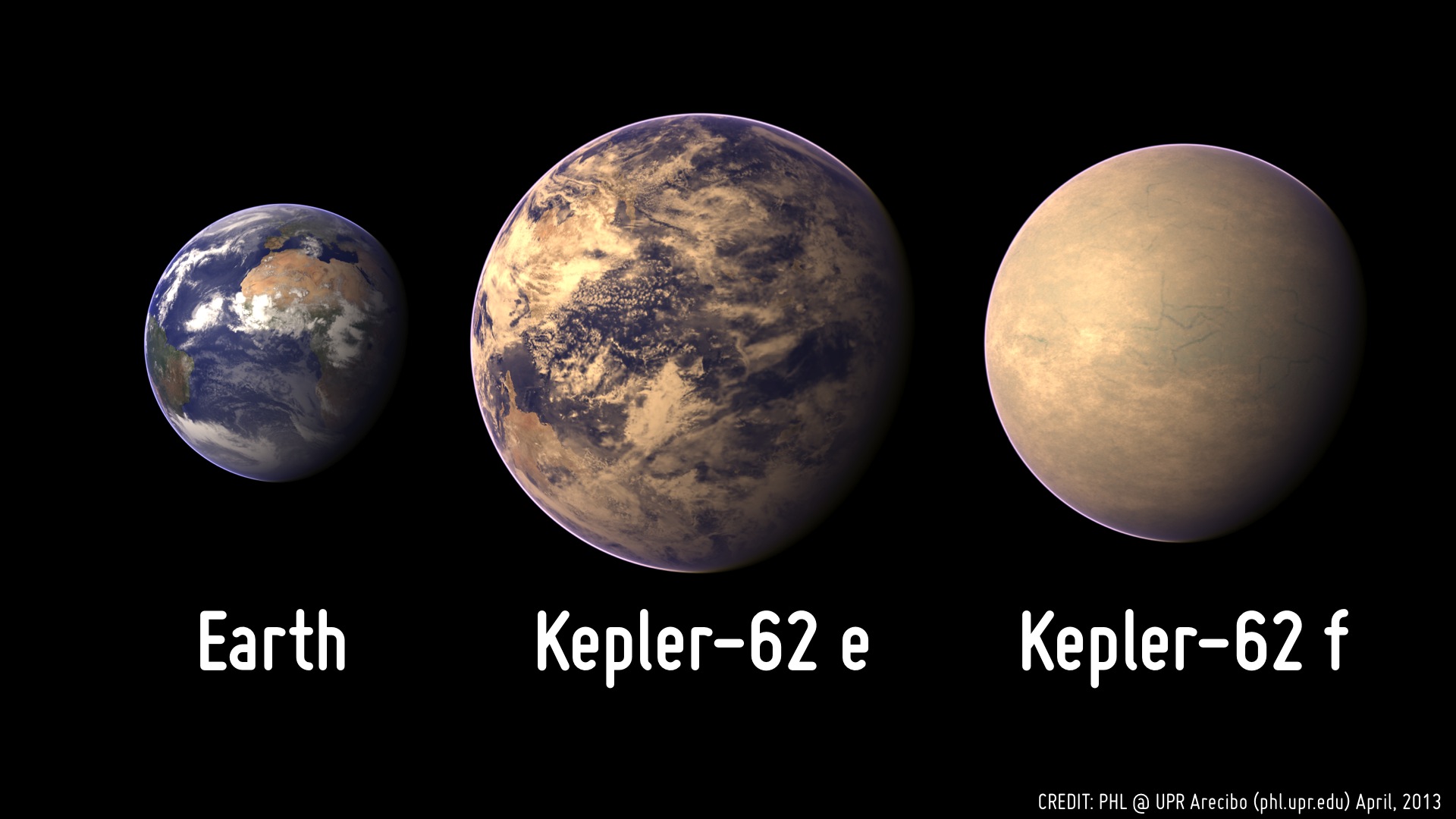Kepler-186f And Kepler-62f Are More Similar to Earth than Expected

A new study found that exoplanets can have the same climates as Earth by looking at the similar axial tilts. Researchers at the Georgia Institute of Technology used simulations and studied the spin axis of several exoplanets.
Kepler-186f And Kepler-62f
In 2014, outside our solar system, astronomers discovered the exoplanet Kepler-186f which orbited its solar system in a habitable zone. Before discovering it, scientists knew that another exoplanet, Kepler-62f was also similar to our planet.
Both planets are at enough distance from their host stars to have water on their surface, and they’re in the same zone as Earth is, which allowed our planet to host and develop life.
Tech Assistant Professor Gongjie Li is the leader of the new study, who teamed up with graduate student Yutong Shan from the Harvard-Smithsonian Center for Astrophysics. Together they used simulations to see the spin axis of Kepler-186f and discovered how the seasons and climate could be on the exoplanet.
A planet’s axis of rotation will determine how much sunlight gets to its surface, and according to the findings in the new study, Kepler-186f’s tilt is almost as stable as Earth’s.
Earth’s axial tilt is between 22.1 and 24.5 degrees, which shifts from an extreme to the over every 10,000 years. Gongjie Li compares Kepler-186f’s tilt with Mars’:
“Mars is in the habitable zone in our solar system, but its axial tilt has been very unstable – varying from zero to 60 degrees.”
Li added that this is one of the first studies to examine “climate stability of exoplanets and adds to the growing understanding of these potentially habitable nearby worlds.”
Being In the Habitable Zone Doesn’t Make a Planet Host Life
Looking at Mars, which is in the habitable zone, it’s less likely that it hosts life because of its unstable axis tilt. Li believes that the instability could be one of the causes that “contributed to the decay of the Martian atmosphere and the evaporation of surface water.”
The new study shows that some exoplanets could have a stable climate and even regular seasons, being good candidates for a search of life outside Earth, concluded Yutong Shan:
“A climatically stable planet might be a more comfortable place to start.”
0 comments